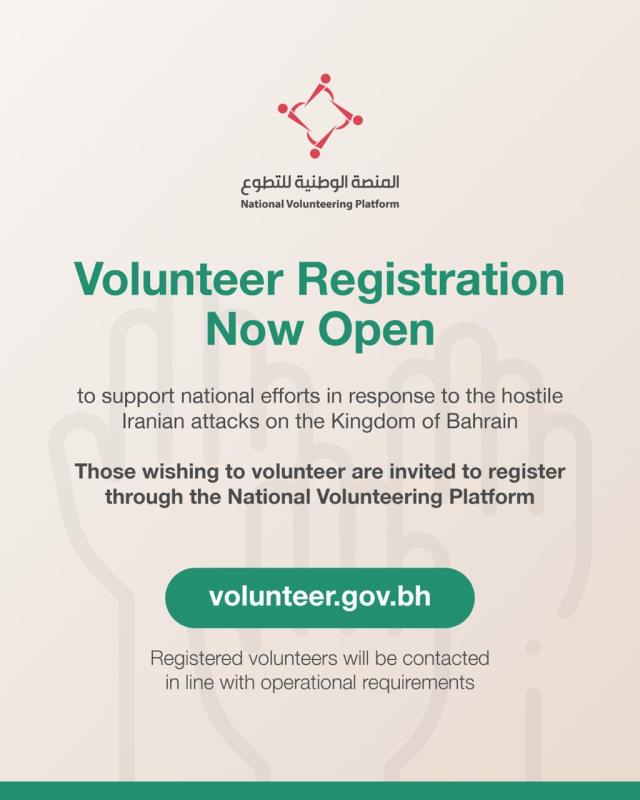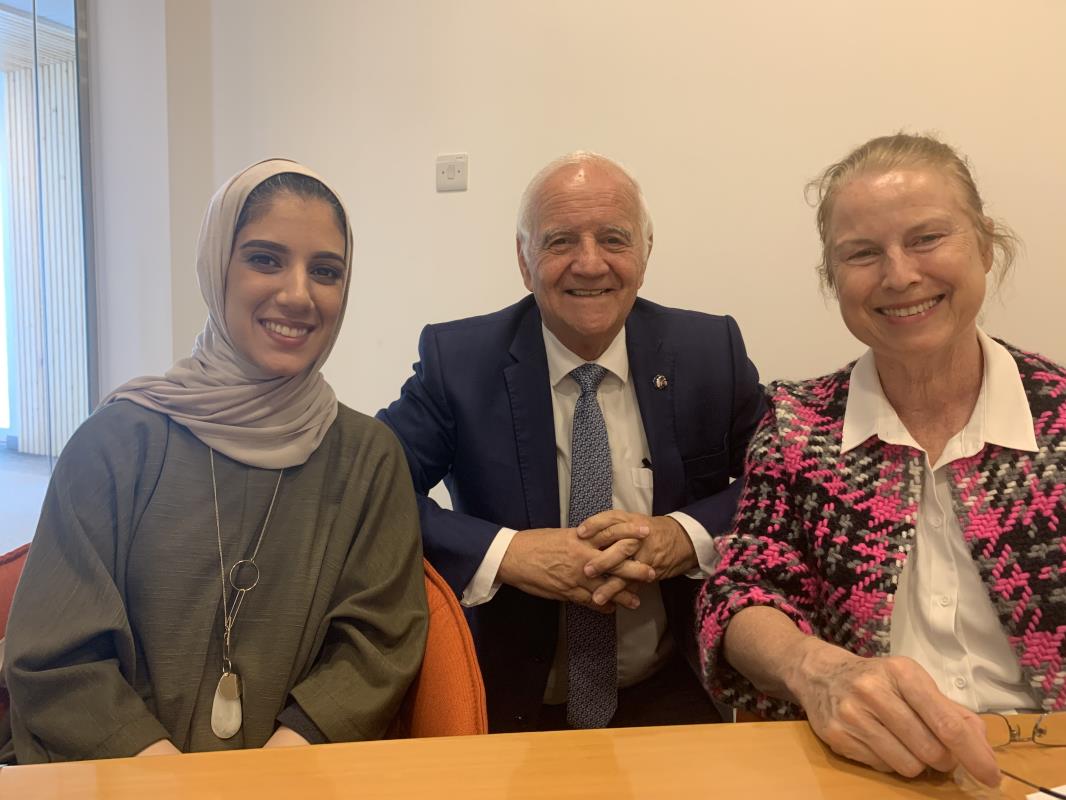The future of healthcare will look very different from the way it is being provided, financed, and regulated today. A number of powerful factors are reshaping the industry, including technological changes, more attention to resilience, agility, and productivity, along with preventive treatment of the whole person, according to a new report by Strategy& Middle East, part of the PwC network.
These forces of changes are moving the balance of power in healthcare from providers to patients, globally and in the Middle East. Some of these shifts have happened faster than anticipated because of the COVID-19 pandemic. Artificial intelligence (AI), mobile apps, telemedicine, and other advances are creating a world in which preventive care is based on data, and is accessible anywhere, anytime.
According to Strategy&, Middle East governments, regulators and healthcare providers can seize this chance to take the initiative, rather than wait and react. Together, they need to work in four areas: strategy, policy and regulation; governance and partnerships; funding and financing; and information and communication technology (ICT).
Strategy, policy and regulation
Governments should join with public-sector agencies and other entities to create frameworks that accelerate healthcare transformation, and to provide funding and data resources. This requires collaboration, a national healthcare innovation strategy, and a whole-person approach to preventive care that emphasizes the patient experience.
For their part, healthcare regulators should include patient representatives when they design healthcare policies and delivery mechanisms to increase the patient-centricity of policies. Meanwhile, healthcare providers must develop strategies that emphasize patient experience, personalization, and coordinated preventive care.
Governance and partnerships
COVID-19 made it clear that healthcare issues do not stop at frontiers. Governments must look beyond their frontiers, or the confines of a single department or agency. One way is active engagement with regional or international organizations or cooperating with countries that have dealt with similar circumstances.
Funding and financing
To support transformation, governments must provide adequate spending on healthcare research and development (R&D) and innovation and move to new reimbursement models. They must support investments in local entities conducting healthcare R&D, including in startups working on technology innovations. That appears to be happening, as global health research and innovation budgets are expected to increase through 2025.
Regulators should continue shifting from reimbursing healthcare spending based on volume to reimbursing providers according to the value of the care. Moreover, they should consider creating incentives for preventive care and to adopt virtual care delivery models. For instance, in the UAE, there are Standards for Telehealth Services that require all licensed healthcare facilities to offer telehealth services and are expected to encourage adoption of similar online health services throughout the country.
Healthcare providers can modernize their operations through the most efficient data collection and sharing. Deployment of a unified electronic medical record, which gives providers a comprehensive view of a patient’s healthcare information, continues to gain traction in the region.


























































































